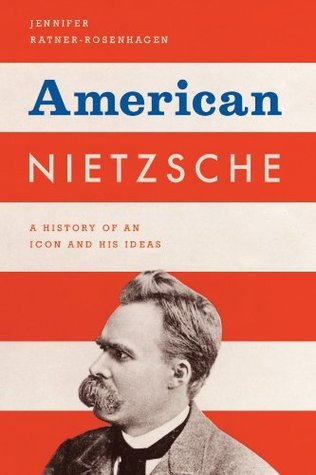“The Christian ethics and democracy,” Warbeke noted, “are one in this emphasis of the commonplace, the lame, the passable, the merely existing, the many-too-many.”74 Christian observers confessed their belief that the vital qualities of individuality, ingenuity, and intelligence were the very agents of human progress that were being sacrificed on the altar of democratic equality and solidarity. Nietzsche gave his religious readers reason to protest against, as Loring put it, this modern “half-hearted kind of world, half-hearted in work and thought and ideals.”
Welcome back. Just a moment while we sign you in to your Goodreads account.


